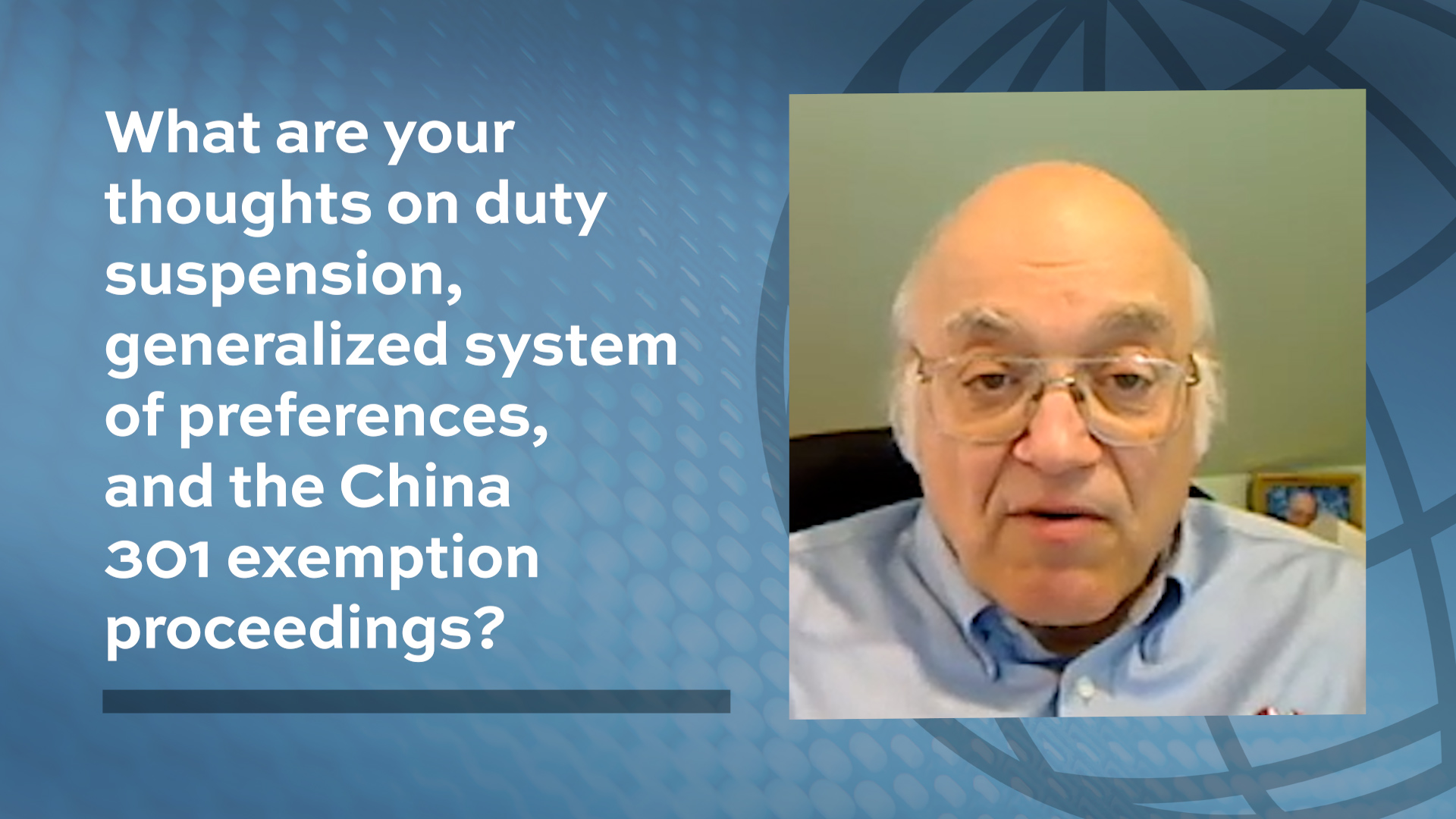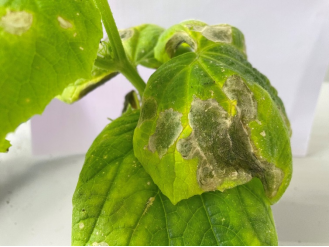Diversity is Your Friend: Interview with Jim DeLisi of Fanwood Chemical

Jim DeLisi of Fanwood Chemical monitors the global trade and the import/export of agrochemicals. He’s got his eye on the 301 tariffs, Farmers Business Network, and other news for the upcoming months. AgriBusiness Global caught up with DeLisi to ask his advice on navigating imports for the rest of 2022.
ABG: What’s your opinion of herbicide availability right now?
JD: I’m contrarian to where a lot of people are right now on herbicide availability, so what I’m going to say, may somewhat surprise you. I think there’s a bubble in herbicides and by mid-to-late year, prices will come crashing downward.
What’s going on right now is very confusing. There is a significant lack of direction in the U.S.-China trading relationship. This likely means that the 301 tariffs will be here for at least another couple of years, and so members of this industry need to plan logistical issues, for not only here, but abroad. They need to make sure they’ve got proper inventories in place and control of the flow of herbicides over the next few months, so that they don’t get caught with a lot of expensive inventory.
ABG: What other challenges are you seeing that the industry should be watching out for?
JD: It’s going to be interesting to watch what happens to the European Union over the next five or six months, especially the German producers. They are very concerned about the price of natural gas. The German Chemicals Industry Association has suggested that if the supply of natural gas was cut off from Russia or turned off, that would force the shutdown of the German chemicals industry for a prolonged period. In the last couple of years, European producers have been one of the safe havens, and right now that may not be the case, because of the issues surrounding the war in Ukraine.
And I think the other thing that people should look out for is the continued aggressive growth of Farmers Business Network is going to have an impact on the traditional supply chains in all agrochemicals and supplies. They have grown tremendously over the past three years and will continue to do that.
ABG: What’s your advice for getting through these challenges?
JD: Plan, plan, plan. If you don’t have a plan, then you’re in deep trouble. Planning is the only way to get through this. There’s also the opportunity to consider alternate sources that are not related to the 301 tariffs. Look for alternate sources available from other than Chinese and Europe, such as the United States, Mexico, or India. Diversity is your friend.
Also, look at alternative chemistries. Because of what’s happened with pricing, the cost-benefit relationships may have shifted as some of these prices have gone through the roof.
Consider holding larger inventories, but in bonded warehouses. There are rumblings in Washington, DC, about reviewing the 301 tariff list lists to make sure that it is still applicable to the trade agenda and is not adding to inflation. If, by chance, these tariffs disappear, then you would not end up with a warehouse full of very, very expensive inventory. You can be assured that there will not be any refunds – so protect yourself.






